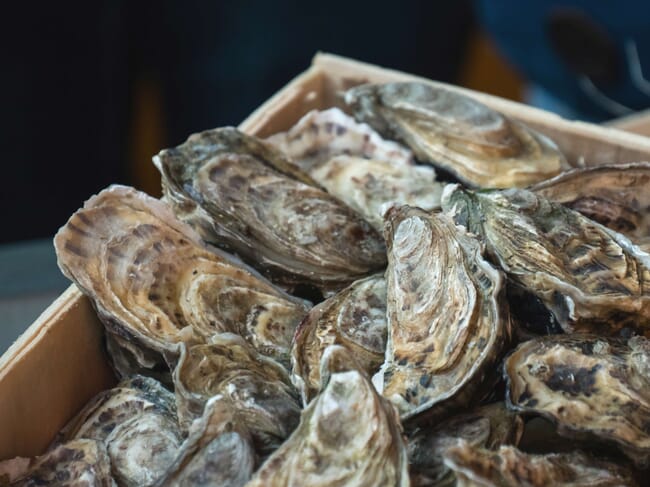
Shellfish aquaculture is among the fastest-growing sectors of food production. However, the vulnerability of shellfish to multiple stressors acts as a constraint on the growth of the aquaculture industry. In addition to ocean and coastal acidification, potential stressors include temperature, salinity, hypoxia, pathogens and parasites, harmful algal blooms and environmental contaminants.
Four projects covering US waters in the Gulf of Mexico, mid-Atlantic, New England, and west coast were selected through a joint, competitive funding opportunity. The selected projects aim to strengthen relationships between the shellfish aquaculture industry and the aquaculture research community; develop scientific knowledge on the impacts of ocean and coastal acidification in combination with other stressors to shellfish aquaculture; and create data products, tools, technologies, management practices and other deliverables that are broadly applicable to building resilience within the shellfish aquaculture sector.
The four projects are:
- Increasing hatchery production of larval eastern oysters (Crassostrea virginica) in the northern Gulf of Mexico through optimisation of carbonate chemistry and salinity in source water Region: Gulf of Mexico; federal funding: $895,884 (35 percent allocated for shellfish growers).
- Improving resilience of hatchery-reared blue mussels (Mytilus edulis) to interactive effects of ocean acidification and warming with diet and seawater buffering. Region: New England; federal funding: $413,240 (17 percent allocated for shellfish growers)
- Susceptibility of Atlantic surf clams (Spisula solidissima) grown in the coastal ocean to multiple environmental stressors Region: Mid-Atlantic; federal funding: $518,693 (19 percent allocated for shellfish growers).
- Mitigating the effects of multiple stressors in oysters: comparison of diploid and triploid Pacific oysters (Crassostrea gigas). Region: West Coast; federal funding: $672,026 (14 percent allocated for shellfish growers).
These projects will expand collaborations between researchers and the shellfish aquaculture industry throughout all aspects of the scientific process, from project conceptualisation to execution to dissemination of knowledge and development of deliverables. For this co-production of knowledge framework, at least one researcher and one shellfish grower will co-lead each project, and project investigators will work together to bolster aquaculture communities of practice.




